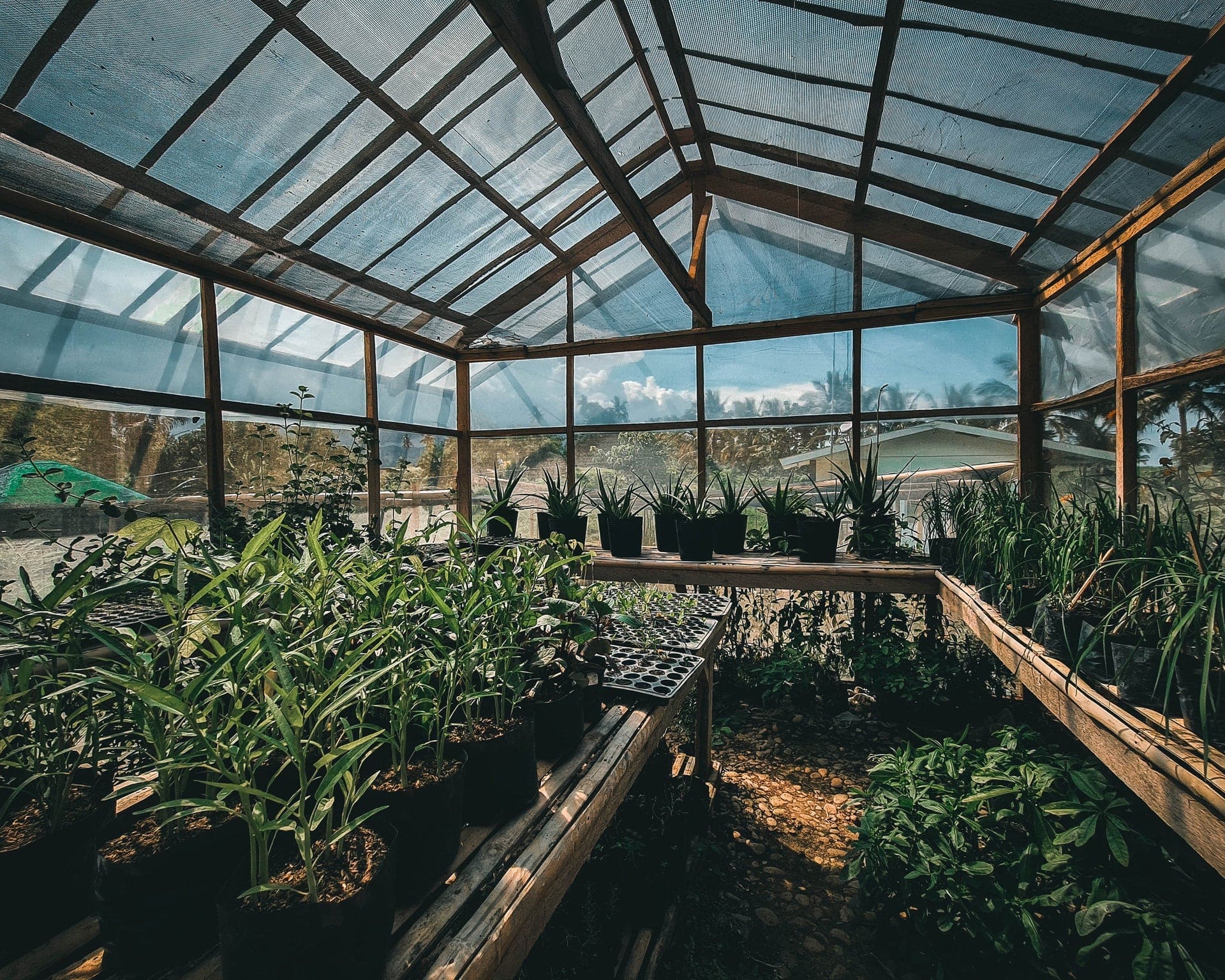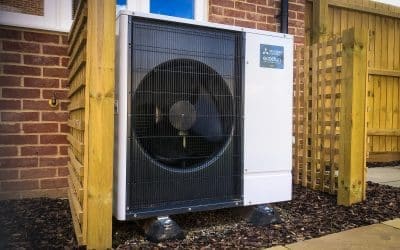With so many options available on the market, especially when it comes to purchasing a heating unit for your home, it’s quite easy to feel overwhelmed.
While gas boilers are a popular choice for the majority of homeowners, it’s not the only option you have. In fact, biomass boilers are becoming popular alternatives due to their renewable features including (but not limited to) lower running expenses, minimal maintenance and being carbon neutral.
However, the real question is – which type of boiler is right for your home?
At JL Phillips, we’ve put together a comprehensive guide explaining the key differences between biomass and gas boilers and which one you should install.
Let’s take a look!
Biomass Boilers vs Conventional Gas Boilers – How Do They Function?
With the government focusing on achieving its carbon targets, homeowners are constantly encouraged to switch to renewable technologies – one such option being a biomass boiler.
Since biomass boiler fuel is made of biological materials from plants and fuel grasses, they make for an eco-friendly option. What’s more, this biomass fuel is mostly wood and available in the form of logs, wood chips or pellets.
On the other hand, a gas boiler is a heating system that uses fossil fuels (natural gas) to function, which releases carbon in the air when burned.
For more information on how each of these heating systems function, contact our team today!
Key Feature Comparisons
Now that you know how these two boilers work, let’s compare their key features to understand which one best suits your heating needs.
System Efficiency
When it comes to choosing between biomass vs gas boilers, the first aspect you need to compare is their efficiency.
While biomass boilers offer an efficiency of around 89 to 91%, the top-rated gas boilers also offer a similar output of 88 to 91% of energy efficiency. This means that, in terms of their effectiveness, both biomass and gas boilers are the best option.
Give this blog a read to understand how you can maintain the efficiency of your heating unit.
Overall Maintenance
In terms of the maintenance and servicing required to keep your heating system in top shape, gas boilers are the standard “install and forget” technology.
With a biomass boiler, however, it’s important for you to conduct routine maintenance, albeit on a yearly basis. This is because, only when you service and maintain your heating unit properly will it perform at its best.
Regular maintenance of your biomass boiler can also help lower your overall power consumption while reducing your carbon footprint. The bottom line is that, although routine maintenance is essential for a biomass boiler, it offers several benefits in the long run.
As heating professionals with years of experience, we’d suggest you choose the green option as you will be eligible to make the most of government programs like the RHI scheme.
You are likely to add to your pocket not only with the money that comes from these schemes but also with all the savings you’ll make in the long run thanks to installing green heating solutions!
To find out more about how you can reduce the risk of biomass boiler breakdown and ensure it runs smoothly, click here!
Right Boiler Size
When compared to conventional gas boilers, the biomass ones are larger in size, especially if they come with an auto-feed option.
While gas boilers receive their main supply from a pipe, your biomass boiler requires a separate fuel supply. This means, you’ll not only have to install it relatively close to the supply but also have a dedicated storage facility to store the fuel.
However, no matter which boiler you choose, make sure you’re seeking help from a professional installer like JL Phillips.
Alternatively, you could also read this blog to understand how you can choose the right boiler size for your home.
Environmental Credentials
When we talk about biomass vs gas boilers, the impact that they have on the environment is an ongoing debate.
Yes, the gas used in conventional boilers is derived from the breakdown of natural sources, including prehistoric plant matter. However, this entire process requires millions of years and the rate at which gas is being used, we’re quickly getting through the supplies; this neither makes it sustainable nor renewable.
On the other hand, biomass boilers function on biomass fuels which are derived from fuel grasses and quick-growing trees. Since trees can absorb carbon dioxide and tend to release the same amount they consumed in the first place while burning them, biomass is considered to be carbon neutral. This is one of the many reasons why biomass boilers aren’t harmful to our environment.
Read this blog to find out what makes biomass boilers an eco-friendly option.
Biomass vs Gas Boilers – The Final Verdict
Both gas and biomass boilers come with their own set of advantages.
If you already have a gas boiler installed, you might prefer choosing a similar solution as they’re comparatively affordable and less disruptive. On the other hand, the benefits of installing a biomass boiler cannot be denied. The carbon neutrality it brings to the table is unmatched as it helps reduce your energy bills and adopt a more responsible and sustainable way of life!
Moreover, this heating system makes you eligible for the domestic RHI scheme which gives you financial incentives for making the switch.
Click here to learn more about how you can benefit from the RHI scheme.
Contact JL Phillips for Professional Biomass Boiler Installation
Now that you have a better understanding of the key features of biomass boilers, why not get one installed at home?
You can get in touch with our team on 01636 642790 or get a free quick quote here!





